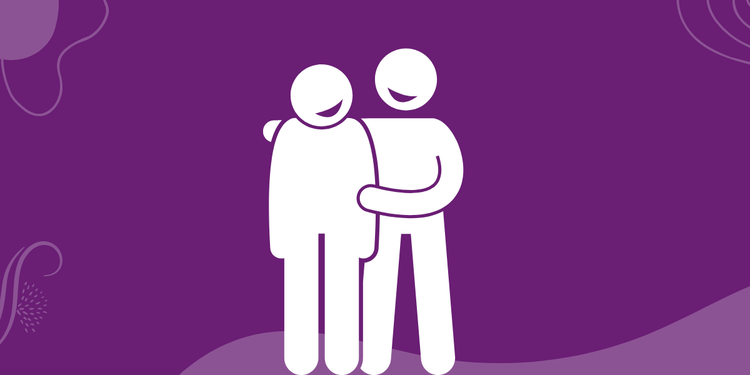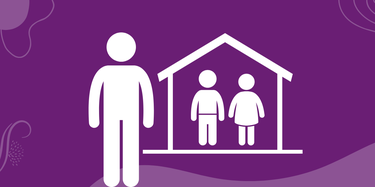8 WAYS TO SUPPORT TEENAGERS
Teenagers may have many of the same reactions to war and displacement younger children, with stress impacting their mood, sleep, eating patterns, and ability to concentrate.
It is normal and healthy for teenagers to want some independence from their parents, which can be difficult in emergency situations when you may want to keep them close. Follow these tips to help your teenager cope:
1. Some teenagers will have a lot of access to news about the crisis situation through their phones and social media. While it is important for teenagers to feel 'connected', too much time checking the news can make them more and more worried. Try to encourage them to also make some time for other things. Putting phones away before bedtime can help ensure they get the sleep they need. If they are already doing so, scroll social media with them and use it to prompt discussion.
2. Try to allow teenagers some privacy and quiet time if it is safe to do so.
3. Try to help them connect with their friends if possible (e.g. online or over the phone). Check in on how they are feeling after they do.
4. Try to allow teenagers to take some control and responsibility for their daily routine and try to involve them in decisions that affect them.
5. Teenagers need stimulating activities to help them learn and develop. Helping others can give them a sense of power and self-worth, which are important for wellbeing. Support teenagers to get involved in helping others, for example, through clean-up projects or supporting older people.
6. Some teenagers may push the limits you set or engage in risky behaviors. Try to have realistic expectations. There will be some good days and some bad days for all of you during this time.
7. If you are feeling angry or frustrated with a teenager, take some time to step away and cool down. Come back to speak to them later when you are feeling calmer. This will help you to keep the relationship respectful and helpful.
8. Look for opportunities to praise how they are coping.



